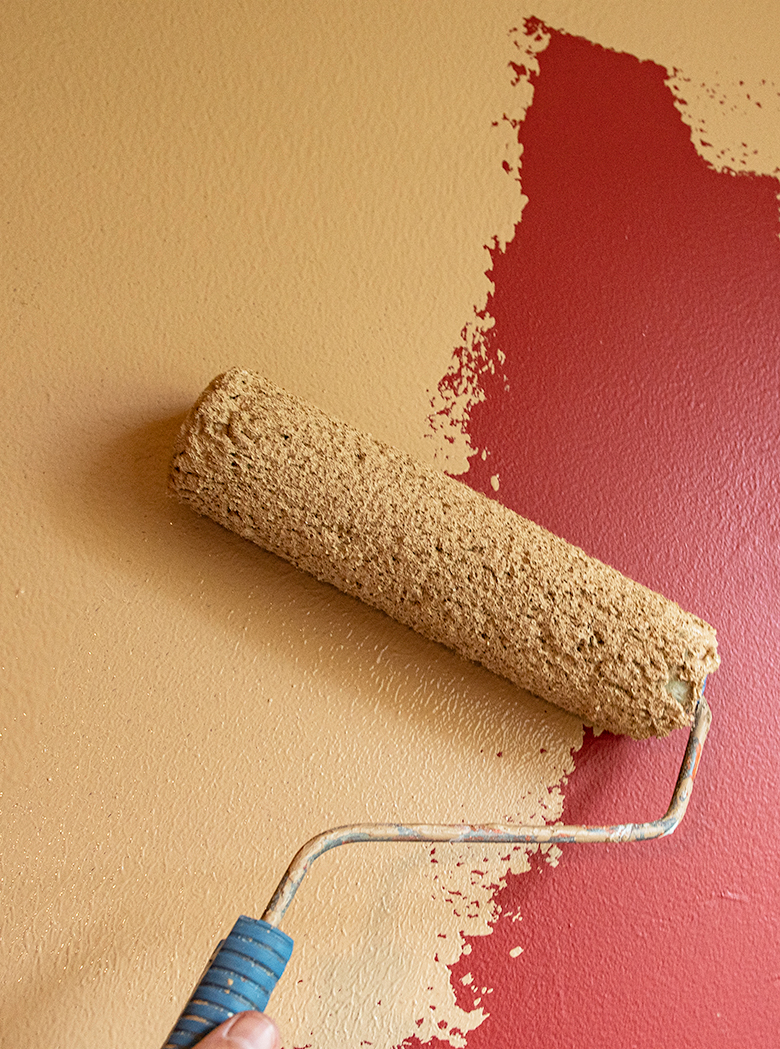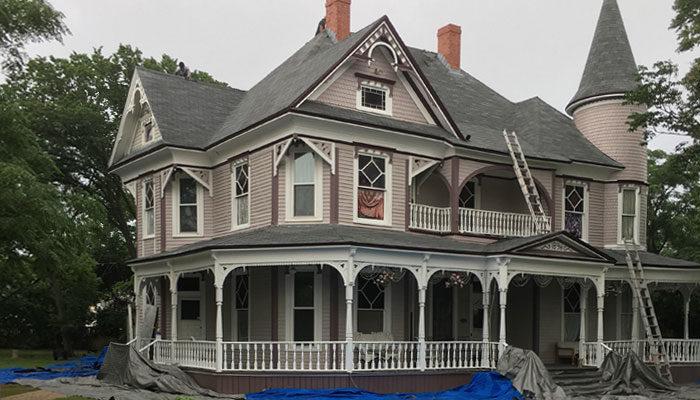
It is important to learn about the workings of heat pumps before installing them in your home. There are three main types of heat pump: central, geothermal, and ducted. Read on to learn more about each type of heat pump and how to choose the right one for your home. Also, learn how to safely remove an existing system. You should plan ahead if you are going to install a heatpump in your home.
Heat pumps with ducting air source
Whether your house needs more warmth in the winter or a cooler climate in the summer, ducted air source heat pumps are an excellent option. These systems use a ductwork system to move conditioned air throughout the entire house, or you can install them as individual rooms. They provide comfortable temperature control for your home in both the indoor and outdoor settings. Here are some benefits of ducted a/s heat pumps.

These HVAC systems are extremely efficient in terms of energy consumption. They also reduce greenhouse gas emission. You can get them in both ductless or ducted configurations. Ducted air source heat pumps save you hundreds of dollars a year on energy bills and can help you avoid the purchase of a new central air conditioning system. They can also reduce allergens in your air and provide cooler cooling during the summer months. You can choose between ducted and ductless models depending on your home's size.
Geothermal heat pump
A geothermal heat pump is a system that uses the earth's natural warmth to heat the home. They circulate fluid through a closed loop. The fluid is often made out of plastic tubing. Heat exchangers in heat pumps transfer heat from heat pumps to antifreeze solutions in closed loops. These heat pumps come in two types: horizontal and vertical. There is also a stand-alone model that can provide domestic hotwater.
It is essential to determine which type of geothermal installation is best for your needs before you install a geothermal heating system in your house. There are two types, open loop or closed loop. The former is cheaper to install and uses the ground's natural heat to cool your home. This is less common and can only be installed in areas with abundant groundwater. You should note that every type of installation has its own installation method. If you are unsure which type of system is best for your needs, it is a good idea to consult a professional.
Central heat pumps
Before you install a central heat pump in your home, it is important to weigh the pros and cons. It is important to evaluate the energy efficiency of your heat pump before you purchase one. The longer your heat pump can stay in your home, the more efficient it will be. A qualified HVAC professional can recommend the size of heat pump that is right for your home. Once you know how energy the heat pump consumes, it's time to determine how much money it will save you.

There are many choices for central heat-pump models on the market. There are budget-priced models and more expensive options. Budget-priced models will last between 12 and 16 years. Standard-priced units will last for 15 to 18 year. Premium heat pumps are more expensive, but offer excellent quality and a longer lifespan (17 to 22 years). You can choose the brand which best suits you and your budget.
FAQ
Is a Service Contract a Warranty?
A service contract does not constitute a warranty. It is an agreement between parties to exchange goods or services. In this case, the customer agrees to pay the cost of repair or replacement if the product does not perform satisfactorily. This type of contract is also known as a maintenance contract.
What documents do I need to show when applying for building permission?
You will also need to show proof of your SCA.
-
Visitors will find enough parking space.
-
Access routes are suitable;
-
Any utilities are accessible; and
-
All works are compliant with the relevant planning regulations.
When do I have to pay for the service/contractor?
The payment schedule depends on the type of service being provided. You would normally pay the contractor when the job is done. If you purchase a product, such a cooker for your kitchen, from a supplier you might only make payments after it has been tested and received.
Do I require a legal representative in order to sign my Service Agreements
No. You don't need a legal representative to sign your service agreements. You may wish to appoint one for a precautionary reason.
Legal representatives are individuals who act on behalf a person. If you are a contractor, it may be a good idea to appoint someone you trust to represent you.
This could include hiring a lawyer or accountant. You could also appoint someone to take care of your business interests.
In most cases, the client appoints a lawyer. Sometimes, however.
A legal representative can help you to protect yourself legally in either of these cases.
Where can I get more information on building permits?
Ask your local government office (for instance, NSW Local Government Association), or talk to your real estate agent. They should be available to help you determine the right steps to take to get building permission.
Statistics
- Depending on the client's trustworthiness and financial stability, a deposit is usually 10 to 50% of the total contract amount. (lawdepot.com)
- (v) Place or places of performance of the prime contract and first-tier subcontracts estimated at $10 million or more, if known. (acquisition.gov)
- (3) The contracting officer may provide for a contract price adjustment based solely on a percentage rate determined by the contracting officer using a published economic indicator incorporated into the solicitation and resulting contract. (acquisition.gov)
- While we offer all our high-quality services at competitive prices, we know that many who need our services are on fixed incomes, so we offer a 10 percent discount for seniors and military members. (homeservicecontractorsinc.com)
- (1) Except as provided in paragraphs (a)(4) and (a)(8) of this section, if the estimated amount of the contract or subcontract is $10 million or more, the contracting officer shall request clearance from the appropriate OFCCP regional office before- (acquisition.gov)
External Links
How To
What should a Service Agreement include?
Any business relationship requires a Service Agreement. It defines what you want from each other, and how you will get it. The SA also defines when and where you expect the other party to deliver on its contractual obligations.
The key elements of a successful SA are:
-
The scope of both the work and the services required.
-
Information about payment terms, including the start and end dates for delivery of goods/services.
-
An agreed price for your project.
-
Additional costs, such as VAT, etc.
-
Discuss any other matters.
-
Who will be held responsible for any problems that may arise on the job?
-
How disputes will be resolved.
-
What happens if one party breaches the contract.
-
What happens in case of dispute.
-
When does the contract come into effect?
-
What happens if one of the parties fails to perform.
-
How long do you have to pay invoices?
-
Who pays for things like travel expenses.
-
Where the money comes.
-
What happens if the client decides to change his mind about the project.
-
What happens to the supplier if they don't show up.
-
Who is allowed to access the site during construction
-
What happens when the customer cancels a project?
-
What happens if the product fails?
-
What happens if a manufacturer refuses to provide parts?
-
What happens if equipment fails?
-
What happens if the project takes more time than anticipated?
-
What happens if work isn’t completed in the timeframe agreed upon?
-
What happens when the project's quality falls below what you expected?
-
What happens if costs exceed expectations?
-
What happens to the materials if they are not delivered on-time?
-
What happens if the material arrives broken?
-
What happens to the products if they are not up-to-standard?
-
What happens if the job gets cancelled before it is completed?
-
What happens if the company goes bust.